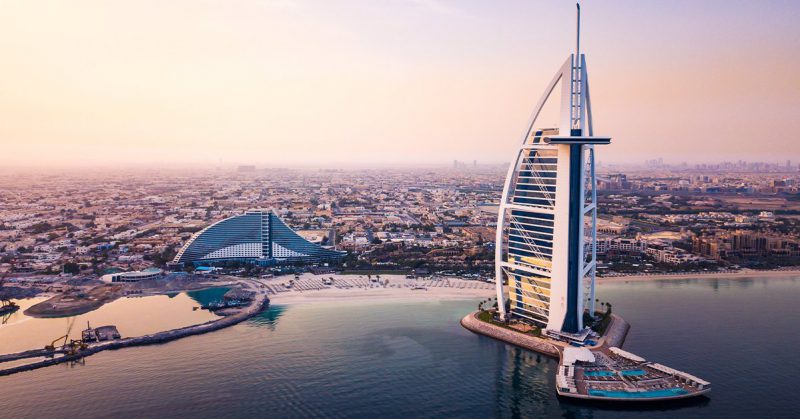A day back, Ripple’s partner—Tranglo—announced its expansion into the Middle East. The cross-border payment processing hub has now opened a new payment corridor in the United Arab Emirates. Per the official statement,
“This latest offering is part of Tranglo’s Middle East expansion programme, which focuses on infrastructural investment and network building to add supplementary channels with huge growth potential.”
Why UAE?
Ripple’s partner chalked out a couple of reasons why it had chosen the UAE for expansion. Notably, the Arab Gulf region has emerged to be a “key region” for cross-border payments. More so because travel has been resumed and an increase in oil production has been noted post the pandemic.
Elaborating on the same, Tranglo’s statement highlighted, that the UAE is “one of the top” remittance senders and receivers in the world. In 2020, the country recorded $42.7 billion and $6.78 billion in remittance outflows and inflows, respectively.
Here, it is worth recalling that last year in March, Ripple acquired a 40% stake in Tranglo to scale its services. Retrospectively, Tranglo enabled Ripple’s ODL service across 25 of its payment corridors in March this year. The same followed after the successful pilot deployment in September 2021. In the first 100 days, over 250,000 transactions worth $48 million had been processed.
Commenting on the latest move, Tranglo Group CEO Jacky Lee said,
“Today, our latest payment corridor will benefit many more seeking to remit funds to the country. After months of fine-tuning our API connection and interbank switching protocols, we are confident that our cross-border business partners can now offer unbeatable value to their customers.”
Ripple continues expanding
Ripple has gradually been expanding its footprint. Due to regulatory uncertainty in the United States, Ripple started focussing on other territories. Right from Asia to Europe, and now the UAE, Ripple has directly/indirectly been tapping customers worldwide.
Last week it was reported that the company had taken its services to Brazil, while towards the end of July, it made strides in Singapore. Before that, in May, the company had announced its expansion into Europe via a partnership with FINCI.
Despite being in crypto-winter and juggling with a lawsuit against the SEC, Ripple has been able grow. And all the latest moves—in conjunction—indicate that the company is, perhaps, not going to stop anytime soon.





